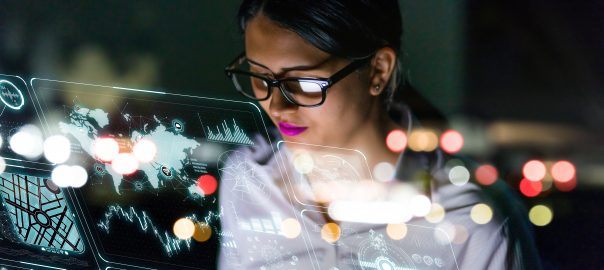Barbara Ribeiro, University of Manchester
There’s a common perception that artificial intelligence (AI) will help streamline our work. There are even fears that it could wipe out the need for some jobs altogether.
But in a study of science laboratories I carried out with three colleagues at the University of Manchester, the introduction of automated processes that aim to simplify work — and free people’s time — can also make that work more complex, generating new tasks that many workers might perceive as mundane.










